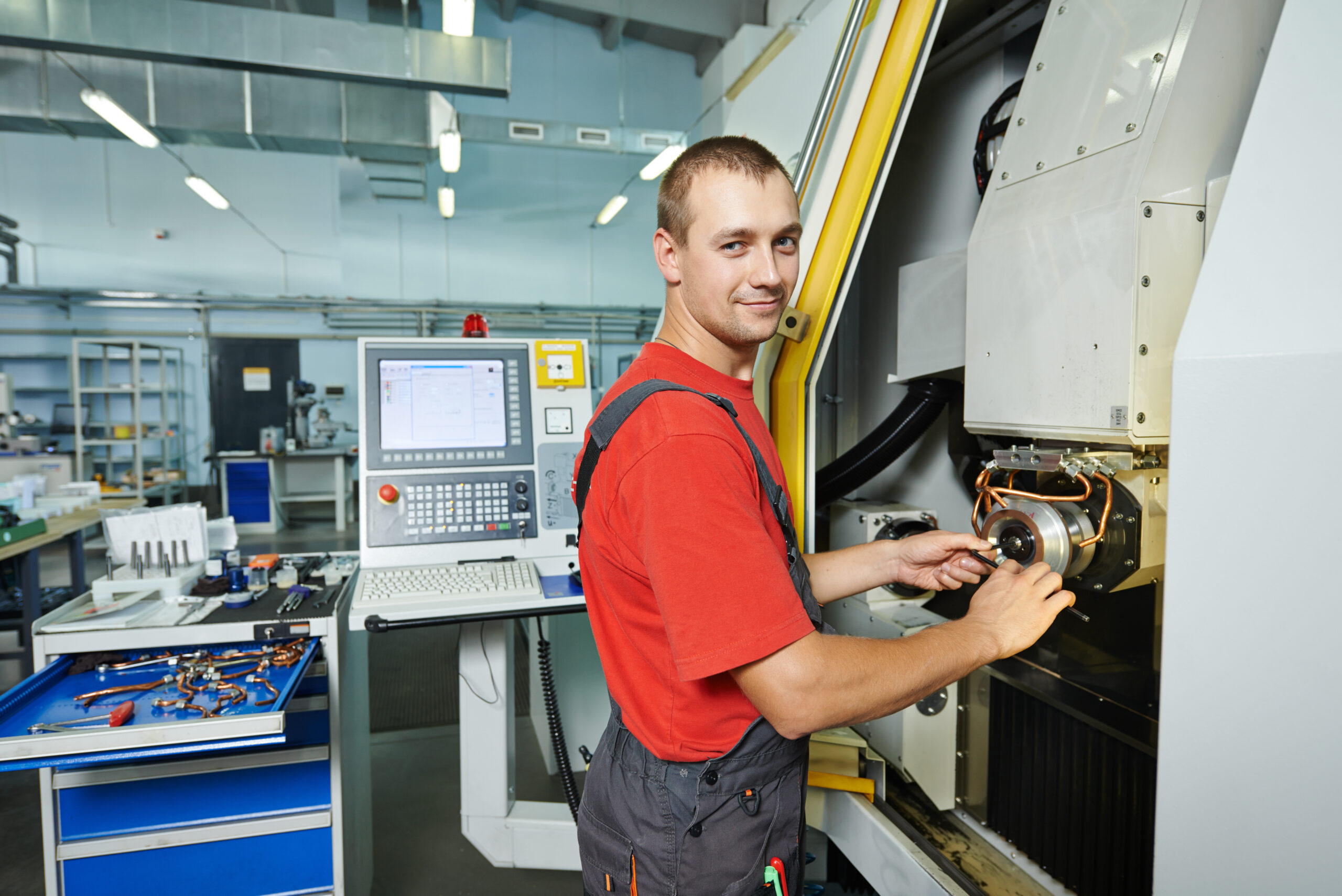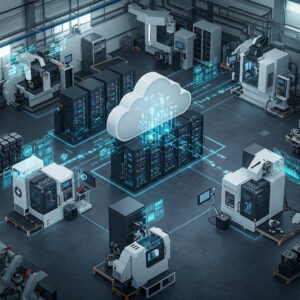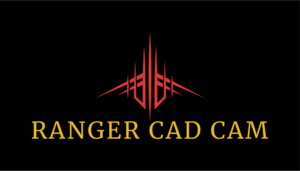Automation, AI, and robots are indeed reshaping the landscape of work. Routine and repetitive tasks that were once the domain of human workers are increasingly being performed more efficiently and accurately by machines. This shift has led to concerns about job displacement, particularly among qualified workers whose roles may be perceived as susceptible to automation.
However, history has shown that technological advancements do not always result in job losses; they often lead to the creation of new, previously unforeseen roles. The key lies in adapting to the changing demands of the job market and leveraging the unique capabilities that humans possess.
Skilled workers are not static entities; they possess the ability to learn, adapt, and acquire new skills. As technology automates routine tasks, the demand for higher-order skills such as critical thinking, creativity, emotional intelligence, and complex problem-solving is on the rise. Those who can complement technology by bringing a human touch to tasks that require empathy, intuition, and nuanced decision-making will remain indispensable.
Additionally, the development, maintenance, and oversight of the very technologies that are reshaping industries will require a new breed of technicians and operators. AI and robotics experts, data scientists, and technicians will play pivotal roles in designing, implementing, and optimizing these advanced systems. The skills required for success in the job market are evolving, and the adaptability of skilled workers will be a determining factor in their continued relevance. For instance, while data will become more and more available, it will remain paramount for someone to identify the correct the information relating to specific a use case. MachiningCloud is an excellent example as its platform hosts a large amount of tooling data, which an operator can organize and share with others in order to pass on the most accurate knowledge for their intended jobs.
Rather than being replaced by machines, operators are likely to find themselves working alongside AI and robots. The synergy between human intuition and machine precision can lead to unprecedented levels of efficiency and innovation. Skilled workers who embrace and understand the capabilities of emerging technologies will be better positioned to collaborate with them, enhancing productivity and driving progress. Here again, MachiningCloud offer AI capabilities to present a selection of tools that are recommended for a machining process, but the ultimate decision remains in the end of the user who will pick the ones he prefers; this decision may be based on outside parameters and factors that are unknown to the AI, and hence the collaboration between human and AI is primordial.
In conclusion, the fear of skilled workers disappearing with the rise of automation, AI, and robots is based on a narrow and pessimistic view of the future. While certain tasks may be automated, the essence of skilled work lies in the ability to adapt, learn, and apply expertise to novel challenges. As technology advances, so too will the opportunities for technicians and operators to contribute in new and meaningful ways.
The evolution of the job market is not a threat but an invitation to grow and innovate. Qualified workers who remain agile, continuously upskill, and embrace the collaboration between humans and machines will not only secure their place in the workforce but will also play a vital role in shaping a future where technology enhances human potential rather than replacing it. The future of skilled work is bright, promising, and full of possibilities for those who are ready to embrace the changes that lie ahead.




